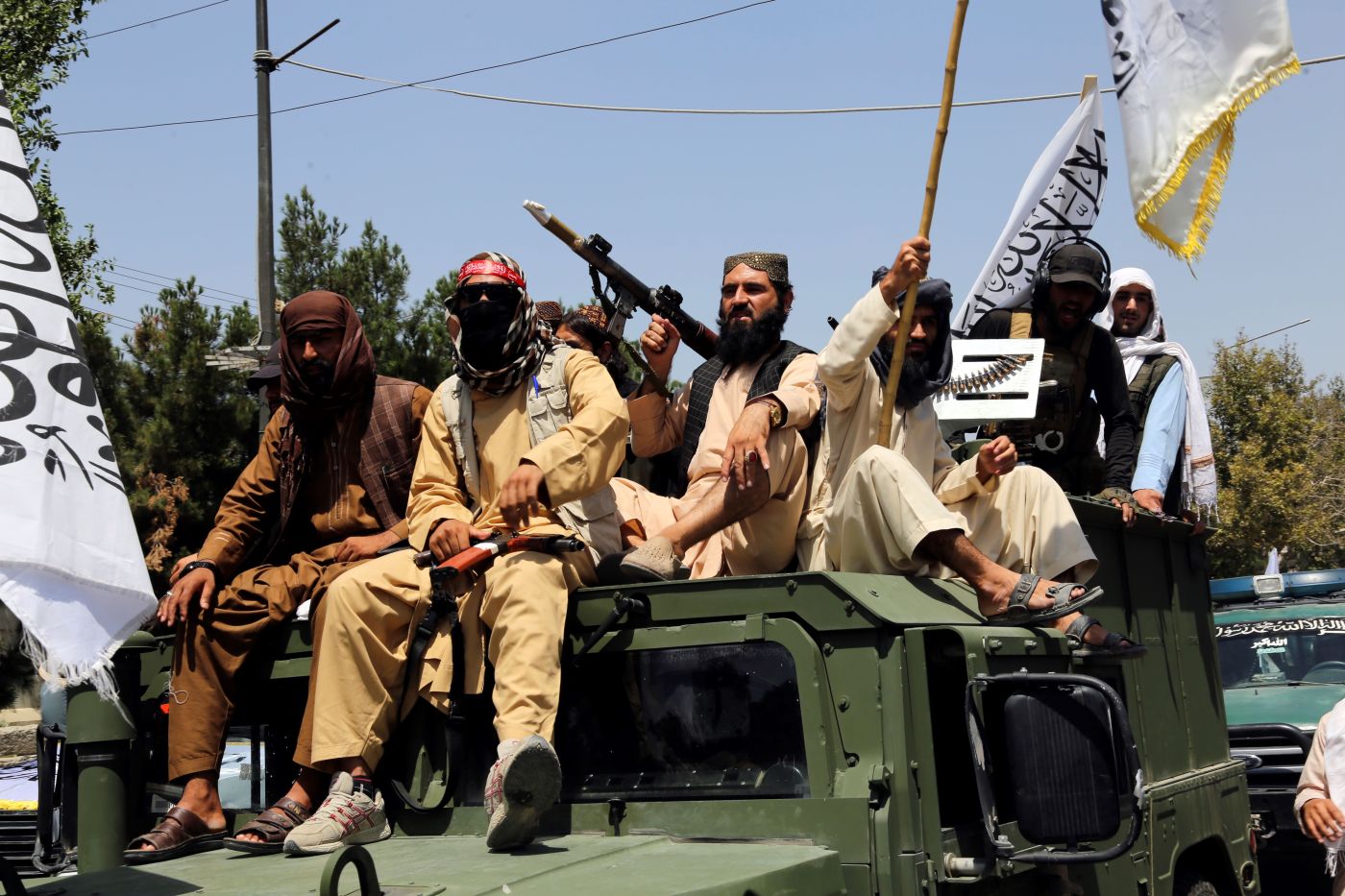
Manuel: Afghan interpreters left behind fight for survival
In the shadow of the Afghan mountains, a man sits in a small, windowless room. This is where he has lived for the past three years, since 2021, when U.S. troops withdrew and the Taliban reclaimed control of Afghanistan. Once, he was an interpreter for NATO forces, navigating the complexities of language, culture, and combat to support the mission. His work saved lives, helping countless U.S. soldiers avoid ambushes and giving them the ability to communicate with local leaders. But today, he lives as a hunted man under a false identity, unable to step outside without risking his life.
He listens to the footsteps outside his door daily, fearing who might be coming for him. He never stays in one place for long. When the risk becomes too great every few months, he moves to a different part of the country, blending into the shadows and erasing any trace of his past. His family cannot contact him directly, and he hasn’t seen his children in years. To the Taliban, he is a traitor — a man who worked alongside the foreign invaders and deserving of the ultimate punishment.
His story is not unique. Since the U.S. withdrawal, thousands of Afghans who served as interpreters or supported NATO forces have been living in this same constant fear, moving from safe house to safe house, hoping that one day they will be able to escape. They burn documents, erase phone numbers, and delete photos that could link them to their service. They no longer speak of their work except in trusted confidants’ hushed tones. The Taliban’s retribution is swift and brutal, and for these men and women, one wrong move could bring immediate death.
Some have tried to flee the country, taking perilous journeys across borders to Pakistan or Iran, only to find themselves stuck in limbo, unable to secure passage to safety. Others remain in Afghanistan, waiting for the day when their Special Immigrant Visa (SIV) applications will finally be approved. But that day may never come. Bureaucratic delays and a lack of resources have left many in limbo, their applications pending for years. They live in constant uncertainty, knowing that at any moment, the Taliban could discover their true identities.
Life under Taliban rule has stripped these former allies of everything they once had —freedom, safety, and hope for a future. They are forced to remain invisible, pretending to be someone they are not, to survive. Their sacrifices during the war have been forgotten by many, but the danger they face is ever-present. For them, the war has not ended. It continues daily in the quiet terror of hiding and the isolation of exile within their own country.
In the haze of our domestic issues and as we stand on the foothills of another presidential election, we must remember these individuals and our promises to them. They stood by us when we needed them, risking their lives to help U.S. and NATO forces navigate a foreign land. Now, it is our turn to stand by them. We cannot allow them to be forgotten, left to face the wrath of the Taliban alone.
As individuals, we can make a difference as we head to the polls this November. Support candidates who have paved the way for safe passage for these brave men and women and will continue to honor our promise to them. Their fight for survival is far from over, and they need our help. Now, more than ever, we must honor our commitments and stand by those who stood by us.
Howard Manuel is a Washington, D.C.-based lawyer. He serves on the Board of Directors for No One Left Behind. This nonprofit promotes Special Immigrant Visas (SIV) for interpreters and translators who worked with U.S. and NATO troops during Afghanistan and Iraq military operations.
In this 2021 photo provided by the U.S. Marine Corps, a U.S. Navy medical surgeon with the 24th Marine Expeditionary Unit (MEU) talks to an interpreter as he provides medical assistance to a family during an evacuation at Hamid Karzai International Airport in Kabul, Afghanistan. (Staff Sgt. Victor Mancilla/U.S. Marine Corps via AP)


